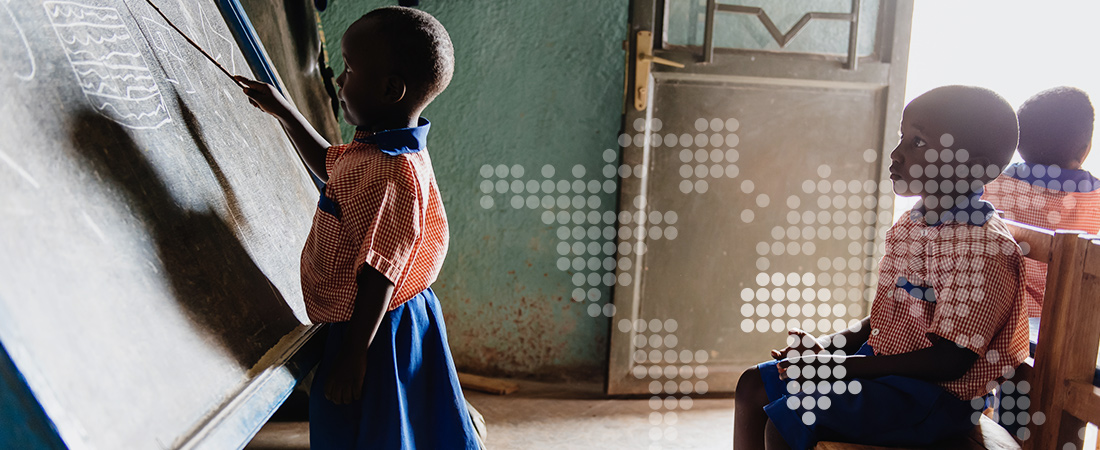
With a wave of investment transforming Africa’s educational, economic, and physical infrastructure, a bright future lies ahead for the continent’s 1 billion people. But realizing this promise will require innovative solutions to some persistent challenges, including conflict, illiteracy, and health crises.
EDC is committed to improving the lives of people across Africa. Our programs build entrepreneurship and economic opportunity, support ambitious education reform efforts, and develop solutions to pervasive public health issues, including HIV/AIDS. Across all of our work, we consult regional partners to create meaningful, effective programs that are informed by local contexts and are designed to be sustainable long into the future.
Projects
Resources
Interactive audio instruction (IAI) is a distance-learning technology that provides educational services, often to schools and school systems worldwide.
In response to an outbreak of the Ebola virus in Liberia, EDC’s USAID Advancing Youth Project (AYP) developed a set of literacy and numeracy interactive audio instruction (IAI) lessons for radio broadcast.
Save Our Future, a global coalition, rallied diverse voices amid the COVID-19 pandemic, emphasizing the vital link between education and the United Nations (UN) Sustainable Development Goals.
EDC conducted a research study in the Democratic Republic of Congo to test the effects of teacher knowledge and practice on student learning.
There is a significant—and growing—body of evidence that well-designed and effectively delivered school meal programs are a cost-effective and scalable means to build human capital, improve learning outcomes, and improve health and nutrition.
This collection of stories highlights the success of youth who participated in the USAID Huguka Dukore Akazi Kanoze project in Rwanda.
EDC developed the Educator Assessment of Learners’ Soft Skills Ability (EALSA), a formative soft skills assessment, for use with secondary and tertiary students in East and West Africa.
As Zambia’s out-of-school orphan population soared to 800,000 in 2000, the United States Agency for International Development (USAID) supported the creation of the Taonga Market Interactiv
This report analyzes survey data from 200 participants in USAID-funded, EDC-implemented youth programs in North East Kenya and Honduras.
This report builds on the DeliverEd research in Ghana, Pakistan, Jordan, Sierra Leone, and Tanzania that sheds light on the effectiveness of delivery approaches for improving policy implementation. It proposes a framework for policymakers to consider when determining whether and how to launch, learn from, and scale and sustain delivery approaches.
